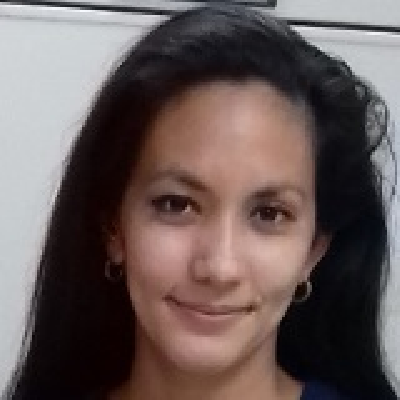
Title: Chimeric antigen produced in HEK-293 cells, based on SARS-CoV2 nucleoprotein fused to the extracellular domain of human CD154, induced high immunogenicity in mice and non-human primates
Abstract:
Currently SARS-CoV-2 coronavirus (COVID-19) pandemic continues to expand. Despite more than one hundred vaccines against SARS-CoV-2 has been developed and that some of them were evaluated in clinical trials, the latest results revealed that these vaccines still face great challenges. Among the components of the virus, the N protein constitutes an attractive target for a subunit vaccine because it is the most abundant, highly conserved and immunogenic protein. In the present work, a chimeric protein was constructed, by fusion of the N protein to the extracellular domain of human CD154 as molecular adjuvant (N-CD protein). HEK-293 cells were transduced with lentiviral vector bearing the N-CD gene and polyclonal cell populations were obtained. The N-CD protein was purified from cell culture supernatant and further characterized by several techniques, including SDS-PAGE, Western Blotting and mass spectrometry. Immunogenicity studies were performed in mice and monkeys. The protein purified from cell culture supernatant forms high molecular aggregates in non-reducing conditions. On another hand, immunogenicity studies in mice and monkeys showed the N-CD protein is highly immunogenic after two doses, inducing higher IgG titers in both models and long lasting response in monkeys (almost 6 months). Moreover, overall health monitoring of monkeys demonstrated that animals were healthy during all the experimental time. Those observations support the safety use of the N-CD protein as vaccine antigen.
Biography:
Thailín Lao made her bachelor Biochemistry and Molecular Biology in the Faculty of Biology, University of Havana in 2015. She has completed her MsC. in Biochemistry (specializing in Biotechnology) at the same faculty in 2019. Her master thesis was entitled “Screening and selection strategy for the establishment of biosimilar to trastuzumab-expressing CHO-K1 cell lines”. Actually, she is researcher in the Animal Biotechnology Department of the Center for Genetic Engineering and Biotechnology (CIGB). Currently, her investigation is about the development of veterinary and human vaccines. She has experience in recombinant protein expression in mammalian cell lines, such as CHO-K1 and HEK-293 cells, for obtaining subunit vaccines and biosimilars to monoclonal antibodies. She has published papers in reputed journals related with these issues.

